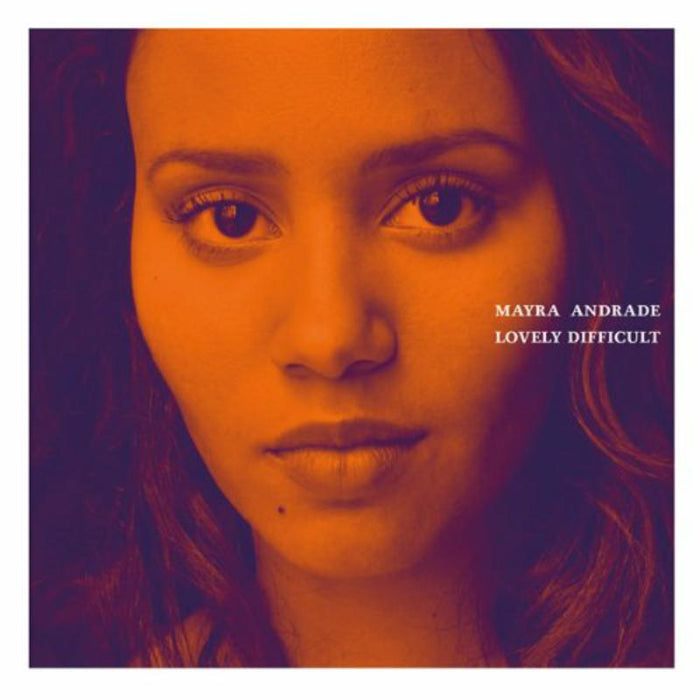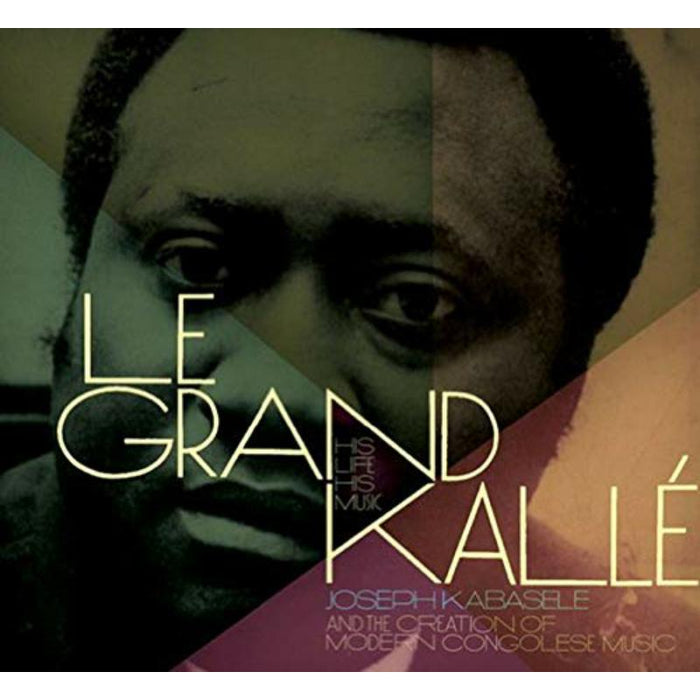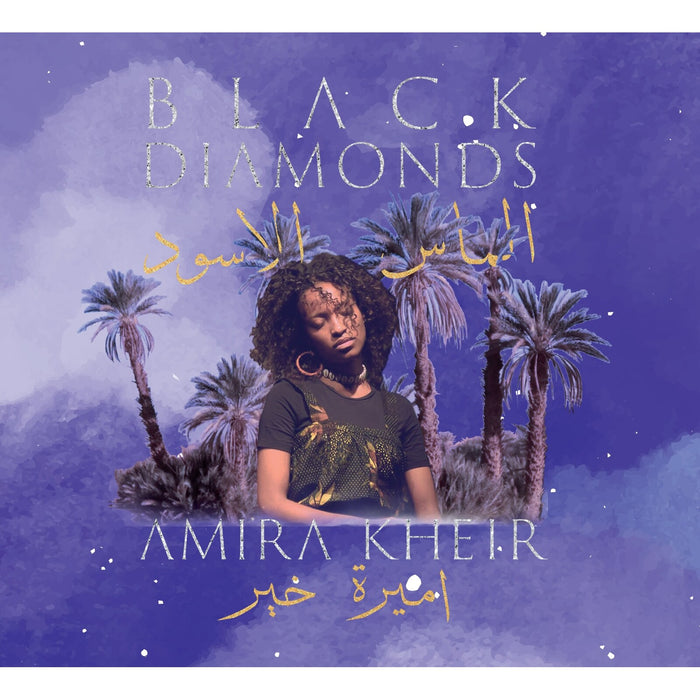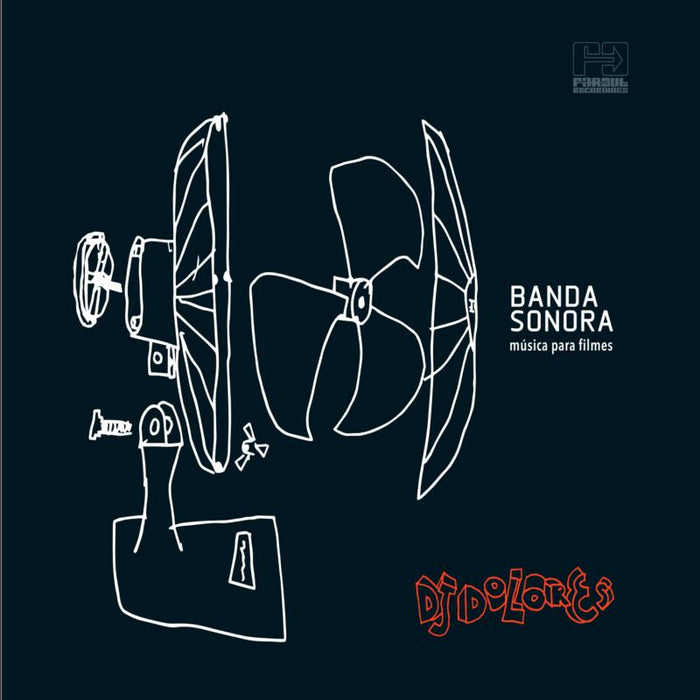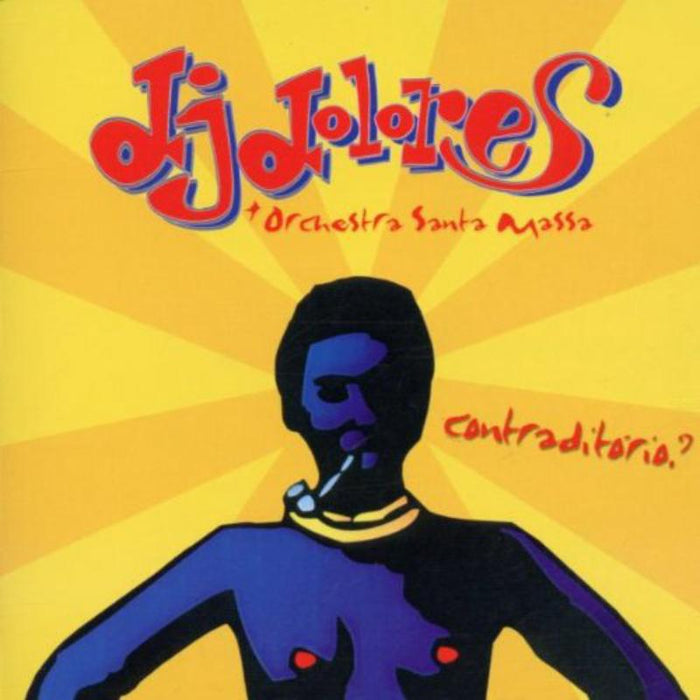Description
At first it was Punk: “I was thin, very slim, which made it look like my head was a ball covered with spines balancing on a toothpick ... In Aracaju, while walking the streets in torn trousers and wearing boots, the sweetest thing I heard was faggot!”. But in 1986 Helder Araga 771;o moved to Recife to study art, architecture and design, and where, at 30°C, average temperatures were even hotter than in Aracaju. Here he found himself embroiled in the emerging mangue movement and is credited with creating its ubiquitous 'crabs with brains' imagery.
Recife is based around three islands and six rivers. The land is a swamp and it's from the mangue or mangrove that the movement took its name: “In the beginning it was basically a DJ scene, which then consolidated and became dominated by two bands: mundo livre s/a and Chico Science & Nac 807;a 771;o Zumbi. What was common within the small group was a love of pop culture, from hardcore to hip-hop, from emerging electronics to Algerian rai 776;, without categorization or labels, a paradise of philosophical abstraction."
For Helder one vital component of pop culture was the Northeastern icon, Luiz Gonzaga; accordianist, singer, songwriter, poet, King of the Baia 771;o and “my private Elvis before I even knew of Elvis's existence.” However it was more than a decade after an awkward and accidental meeting on the steps of a museum in Recife (“I tried to talk to him, to say how much I admired him. He stepped back, gaping at the sight of Hell, shocked by the degeneration of youth, I suppose”) that Helder, as DJ Dolores and along with others of the mangue movement, was able to musically express that appreciation on the album Baia 771;o De Viramundo: Tribute To Luiz Gonzaga (Sterns Brasil 2000).
Two years later Sterns released Contradito 769;rio? Here as DJ Dolores + Orchestra Santa Massa, Helder dug deep into the roots and traditions of the Northeast, giving them the full electronic treatment. Now after further albums, collaborations and movie soundtracks, not forgetting live appearences around the world including at Glastonbury, Womad, Copenhagen Jazz, the Sphinx Festival, Montreal Jazz Festival and Roslkilde, DJ Dolores is back with Sterns once again and his astounding new album Recife • 19.
As the title suggests, and in a manner which echoes the radical stance of Kurt Weill as much as it continues to mine the rich musical seams of the Northeast, Recife • 19 is a fabulous, stream-of-consciousness commentary on these uncertain times: “This album was produced between storms and darkness. Even if the mornings were painted in gold by the tropical sun, and the nights brought the dark that caresses sleep, even if we heard the bright laughter of children in the street, a thick cloud of uncertainty and frustration now stands where hope once stood.”
“In times like these may there always be music, coffee, courage and joy.”
TRACKLISTING:
1, A Casta
2. Rua
3. Mundanc 807;as
4. Adilia's Place
5. Teniente Ray, Amargura 6. 12 Segundos
7. Nanquim
8. Exu 769; Ciborgue
9. The Wild One
10. O Gringo
11. Quase Nos Esquecemos





